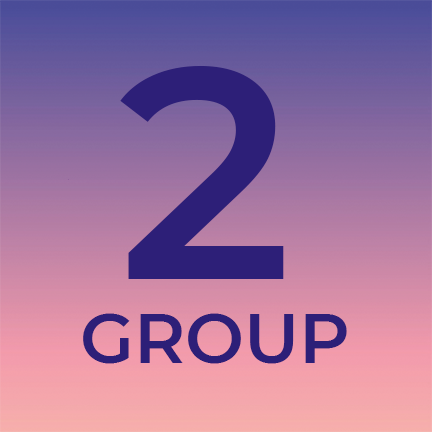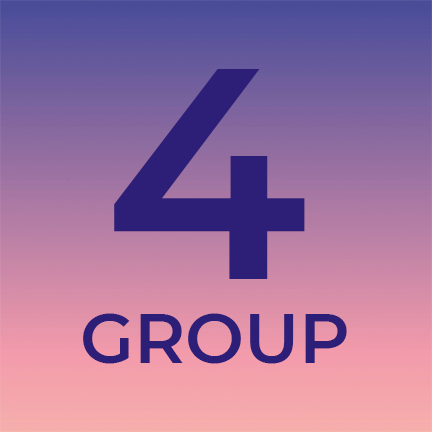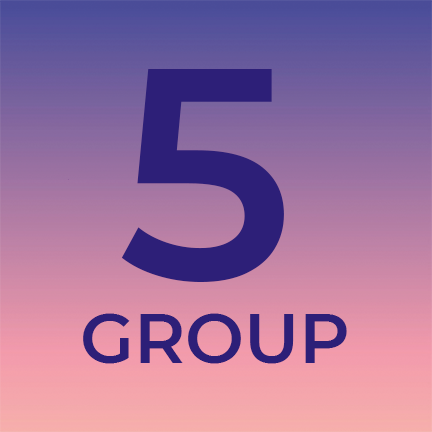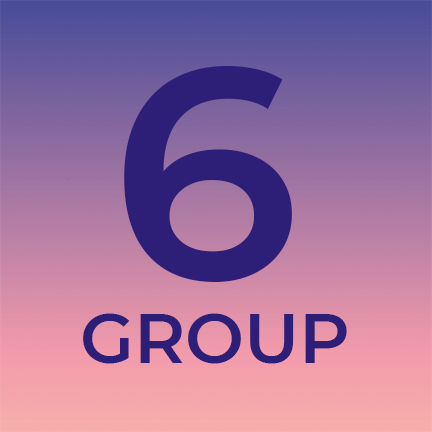STUDENT RESEARCH GROUPS



APPLICATIONS CLOSED
The "Vega Institute" Foundation actively supports research
Vega Institute Foundation






The groups conduct interdisciplinary research under the guidance of diverse specialists from science and industry associated with the Foundation.
• stochastic calculus,
• control theory,
• advanced numerical methods,
• machine learning methods, and many others
• control theory,
• advanced numerical methods,
• machine learning methods, and many others
To achieve this goal, in February 2021 we launched Student research groups, and they continue their work successfully.
in the field of modern financial mathematics based on advanced mathematical methods, including:




NEWS
STUDENT RESEACH GROUPS DEMO DAY
WHY IT IS WORTH PARTICIPATING


Working with a group provides following opportunities:
intense skill development
increased motivation to study fundamental disciplines
regular feedback from mentors
experience in research presentations
potential opportunity to publish results











RESEARCH AREAS
Stochastic Volatility Models
The research of the groups will be related to the volatility modeling and its application to mathematical finance. In the spring semester, research in the following topics will be conducted: Qualitative and quantitative analysis of the implied volatility surface; Local stochastic volatility models (LSV); Rough volatility models.
Research supervisor: Mikhail Zhitlukhin
Industry supervisor: Charles-Henri Rubine
Assistant: Victor Antipov
Industry supervisor: Charles-Henri Rubine
Assistant: Victor Antipov
5

Remaining slots:
Optimal Control in Decentralized Finance
The group studies relevant issues arising from interacting with objects within the DeFi ecosystem. This industry is in an active stage of development and provides a wide range of unresolved problems relevant for practical application. The most pressing issue is the efficient exchange of assets in the DeFi environment using decentralized exchanges.
Industry supervisor: Rostislav Berezovsky
Assistant: Arthur Sidorenko
Assistant: Arthur Sidorenko

0
Remaining slots:
Factor Analysis and Forecasting
The group deals with tasks of time series forecasting using econometric and machine learning methods, as well as natural language processing methods for building news-based features to improve prediction accuracy.
Research supervisor: Anton Belyakov
Industry supervisors: Rodion Latypov, Egor Postolit
Assistant: Мarina Mykitchuk
Industry supervisors: Rodion Latypov, Egor Postolit
Assistant: Мarina Mykitchuk

4
Remaining slots:
Pricing and Hedging of Derivatives on Proprietary Indices
In this project, we will continue the work on the pricing and hedging of options on proprietary indices. Examples of the latter include target vol and low vol indices. Examples of derivatives include auto call contracts, quanto options, etc.
Research supervisor: Erkin Kitapbaev
Industry supervisor: Vladimir Shangin
Assistant: Lev Fedorov
Industry supervisor: Vladimir Shangin
Assistant: Lev Fedorov

1
Remaining slots:
Currency Market Making
In the modern world, market making is primarily electronic. The task of maximizing the profit of a market maker requires building a mathematical model, understanding the specifics of particular instruments, analyzing data, and being able to write quick code. The group's tasks include analyzing models for managing the risk of a multi-currency position and optimal execution models for transactions.
Industry supervisor: Anton Filatov
Industry consultant: Vadim Mescheryakov
Assistant: Igor Udovichenko
Industry consultant: Vadim Mescheryakov
Assistant: Igor Udovichenko

6
Remaining slots:
Fundamental problems in financial mathematics
The group's work is devoted to solving fundamental problems of financial mathematics, including evolutionary methods for building investment strategies, stochastic optimal control methods, game theory and fractional calculus. These topics will be researched independently in three subgroups.
Research supervisors: Mikhail Zhitlukhin, Anton Belyakov, Vassili Kolokoltsov
Assistant: Kirill Sokolov
Assistant: Kirill Sokolov

7
Remaining slots:
OUR EXPERTS
HOW THE GROUPS WORK
Duration
Student research groups are designed to work during the academic year, but can also work for one semester.
Groups present their work twice a year:
- Semester results – early February;
- Year results – mid-July.
Meetings frequency
Groups meet on a regular basis once a week.
Meetings are comprised of seminars, presentations of interim results, review of study literature and much more.
Structure
As a rule, group supervisors divide the students who have passed the competitive selection into subgroups of 2-3 people.
At the beginning of the semester, each subgroup is assigned a research subtopic
IMPORTANT:
Work format in the groups may vary.
Participation in all group events is mandatory.
A member may be individually exempt from an event based on a valid reason discussed with the supervisor.
The Foundation reserves the right to expel the members from the group for violating the regulations.
Work format in the groups may vary.
Participation in all group events is mandatory.
A member may be individually exempt from an event based on a valid reason discussed with the supervisor.
The Foundation reserves the right to expel the members from the group for violating the regulations.
JOINING THE RESEARCH GROUP
Selection is competitive and is based on the results of application reviews and interviews with applicants.
After submitting an application at the website, the selection supervisors may request additional documents and offer to complete a supplementary task depending on the requirements of the research supervisor in a particular research group.
Applicants who hold a Foundation scholarship or students at the academic programmes partnered with the Foundation have an advantage during selection with other factors remaining equal.
After submitting an application at the website, the selection supervisors may request additional documents and offer to complete a supplementary task depending on the requirements of the research supervisor in a particular research group.
Applicants who hold a Foundation scholarship or students at the academic programmes partnered with the Foundation have an advantage during selection with other factors remaining equal.
-- students in their 3rd to 4th year of Specialist and Bachelor programmes
- students in their 5th to 6th year of Specialist programmes
- students in their 1st to 2nd year of Master’s programmes
- doctoral students
- students in their 5th to 6th year of Specialist programmes
- students in their 1st to 2nd year of Master’s programmes
- doctoral students
WHO IS ELIGIBLE:
SELECTION:
APPLICATION DEADLINE:
Till March 27th, 12:00
Three simple steps:
Step 1. Fill out the registration form at the website below, attaching a cover letter and a transcript of grades.
Cover letter (free structure):
Recommended length – no more than one A4 page.
Suggested contents:
- Justified motivation for participating in the group
- Description of current knowledge, skills and experience that will allow for a successful work at the group (e.g. tech skills, research experience, publications and other achievements)
- Description of current research interests
- Description of how the knowledge and skills received from the research group work will be applied in academic and/or professional field
Step 2. Pass the interview.
Step 3. Receive a letter with selection result by email.
Step 1. Fill out the registration form at the website below, attaching a cover letter and a transcript of grades.
Cover letter (free structure):
Recommended length – no more than one A4 page.
Suggested contents:
- Justified motivation for participating in the group
- Description of current knowledge, skills and experience that will allow for a successful work at the group (e.g. tech skills, research experience, publications and other achievements)
- Description of current research interests
- Description of how the knowledge and skills received from the research group work will be applied in academic and/or professional field
Step 2. Pass the interview.
Step 3. Receive a letter with selection result by email.
HOW TO APPLY:
PROJECT MANAGER
OTHER OPPORTUNITIES



